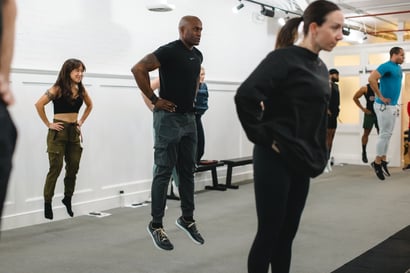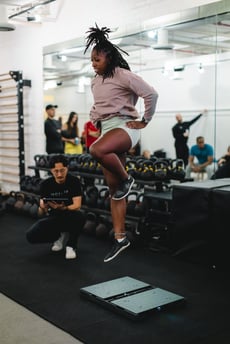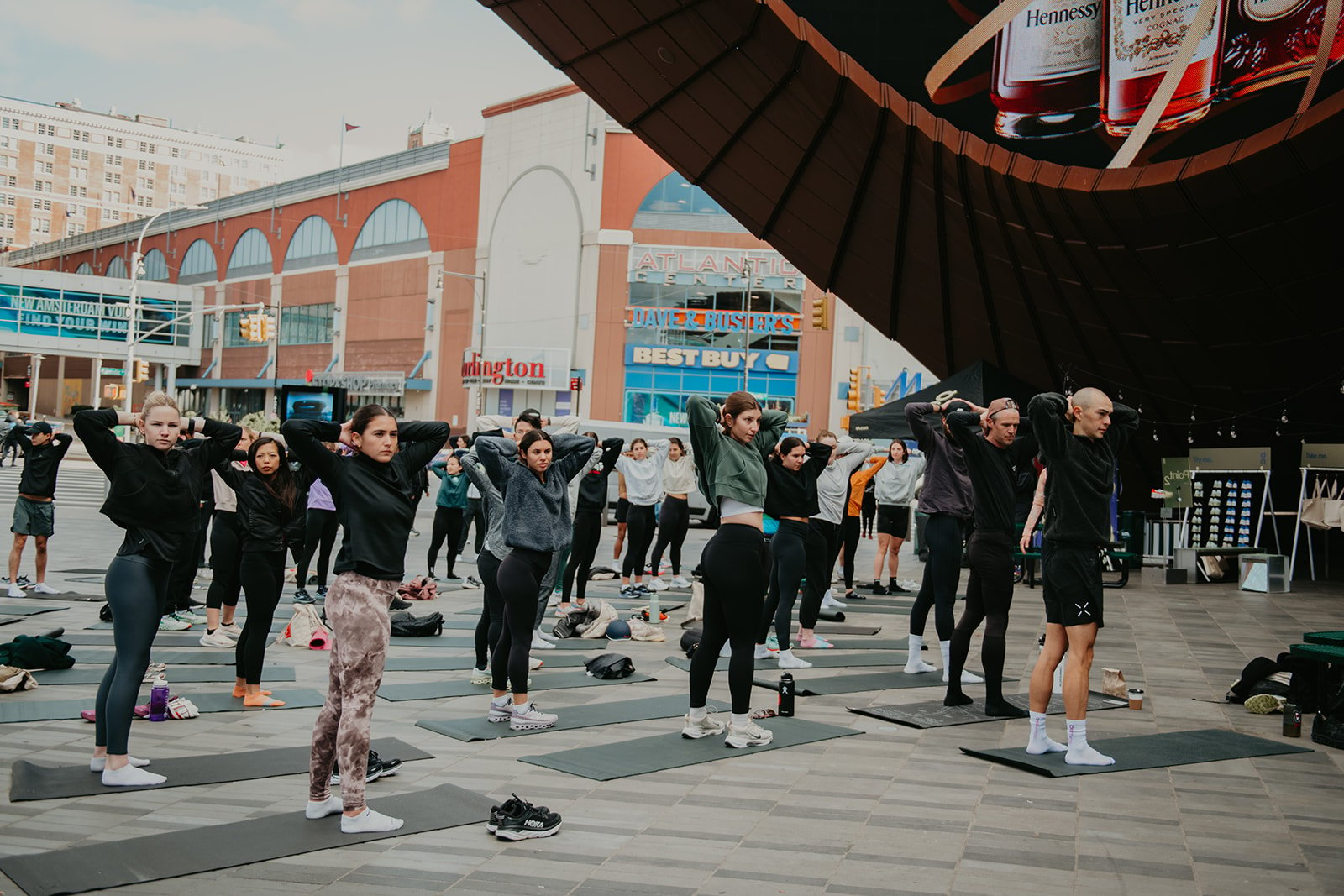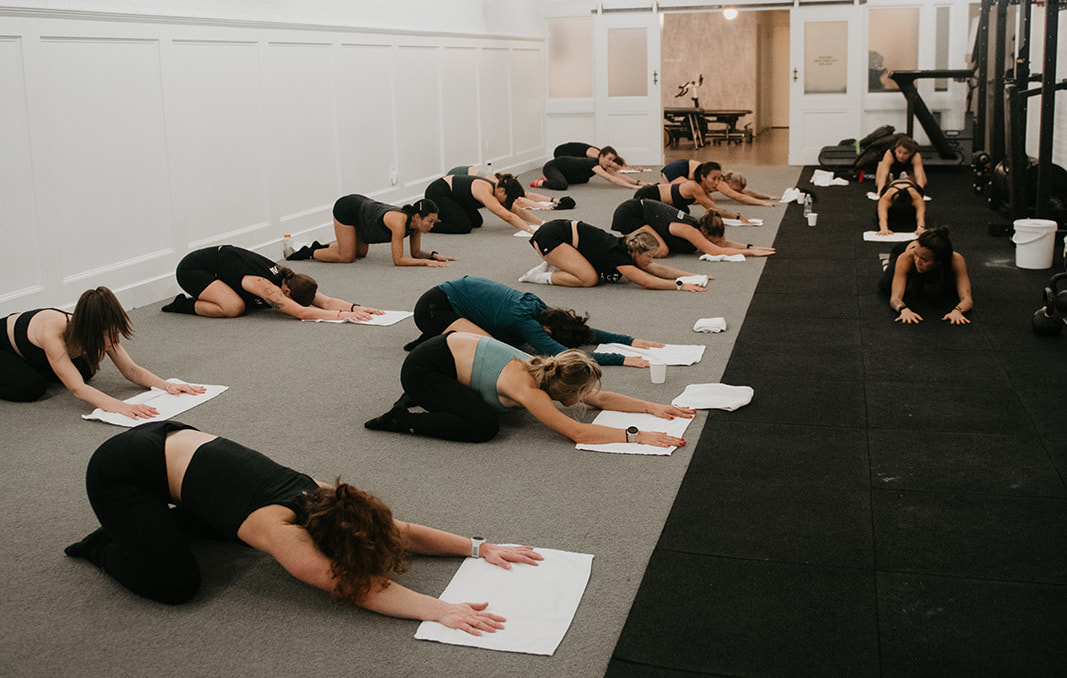Sports Performance Testing: What Equipment Do I Need?
May 23, 2023
As an athlete, optimizing your performance is essential, and sports performance testing is a tool that can help you achieve your goals. Performance testing evaluates various physiological and biomechanical parameters, providing valuable insights into your strengths and weaknesses. This information allows you to make informed decisions about your training regimen, maximizing your athletic performance and minimizing the risk of injury.
In this blog post, we will discuss the importance of sports performance testing, focusing on speed, endurance, and strength. We will also emphasize the benefits of scheduling a comprehensive performance testing appointment at MOTIVNY.
Understanding Sports Performance Testing
Performance testing is no longer reserved for elite athletes; it has become increasingly popular among athletes of all levels. Whether you're a coach training high school athletes, an endurance athlete training for a race, or a weekend warrior looking to perform your best when it counts, performance testing can benefit you.
Performance testing involves a comprehensive evaluation of your physical abilities, including measurements of speed, endurance, strength, and other skills specific to your sport. This information is crucial in designing effective training programs tailored to your unique needs and goals, as well as tracking progress over time.
By identifying areas of strength and weakness through performance testing, you can optimize your training plan, focusing on aspects that need the most improvement. This targeted approach can lead to significant improvements in athletic performance.
What do I need?
Even without advanced equipment, you can benefit from simple tests and exercises performed at home or with basic gym equipment. For instance, using a smartwatch to track progress in heart rate or aerobic fitness, weights to measure strength deficits, a timer to measure speed, and your phone's camera to assess movement efficiency as seen in gait analysis.
Performance testing can provide valuable information and training recommendations for athletes looking to improve their speed, endurance, and strength. For example, a simple test like a timed sprint can help develop speed and provide insights into running mechanics. Similarly, an endurance test, such as a timed run or a graded exercise test, can help determine cardiovascular fitness eand pacing strategies. Strength tests, such as one-repetition maximum (1RM), can assess muscle strength and imbalances that may impact performance, while the power tests such as the Olympic Lifts help power based athletes measure lower extremity explosiveness.

Setting Goals for Athletic Performance Training
Integrating performance tests into your planning is an excellent tool for athletes looking to establish goals for their athletic performance. By measuring various physiological and biomechanical parameters, performance testing provides valuable insights into an athlete's current physical abilities and identifies areas for improvement. These results can be used to set realistic and achievable goals based on the athlete's unique strengths and weaknesses. Regularly retesting and comparing results, athletes can also track their progress over time and make necessary adjustments to their training programs to ensure they are on the right track.
When test selection is also tailored to the demands of your sport, this data-driven approach to training provides athletes with a clear roadmap for success and helps to ensure that they are developing their potential while minimizing the risk of injury.
Preparing for Your Performance Tests
To get the most out of your performance testing session, stay hydrated, eat a light meal 2-3 hours before testing, and be sure to warm up. If you're testing maximal force, take the time to prep your trunk strength and lower extremity stability. If you're an endurance athlete testing your aerobic fitness or capacity, make sure you're body temperature is elevated and ready to work. It's also important to manage stress leading up to your tests. These factors can significantly determine your results and ensure that you're adequately prepared.
Standardizing testing conditions is also crucial for obtaining accurate and reliable, and quality results. Factors such as temperature, humidity, time of day, and even the surface on which the tests are performed can affect the outcome. To ensure that your results are consistent and comparable over time, try to keep these variables as constant as possible during each testing session.
Testing Frequency and Adjusting Your Training Program
We recommend athletes undergo performance testing every 4-5 weeks. Retesting is very important and this timeframe allows for sufficient progress to be made while also enabling you to make necessary adjustments to your training program based on your goals and progress.
Once you have re-tested, identify the areas where improvements have been made, as well as areas that may require more attention. Use your test results to fine-tune your training program, ensuring that you're on track to achieve your athletic goals.
What to expect after your test?
Working with a Performance Coach or Physical Therapist can be immensely beneficial when it comes to interpreting and integrating sports performance testing results. These professionals have a deep understanding of the physiological and biomechanical principles that underpin athletic performance and can help athletes translate their test results into actionable training plans.
Coaches and physical therapists can also help identify any imbalances or areas of weakness that may be affecting an athlete's performance, and create a tailored training program to address these issues. Additionally, they can provide guidance on proper form and technique, which is essential for maximizing the benefits of training while minimizing the risk of injury.
Furthermore, these making these adjustments help prevent plateaus in your progress, ensuring you continue to grow as an athlete over the long term. Embracing periodic performance testing as a guiding tool will empower you to make data-driven decisions and enhance your overall athletic performance.

The MOTIVNY Advantage: Comprehensive Performance Testing
At MOTIVNY, we offer comprehensive performance evaluation for athletes of all levels, utilizing state-of-the-art equipment, including Force Plates and PNOĒ Metabolic Testing.
If you’re not sure where to start, experience the benefits of comprehensive sports performance testing by booking an appointment at MOTIVNY. Our whole team will guide you through the assessment process, providing you with valuable insights into your athletic performance and personalized training recommendations. Tap the link below to meet with a therapist or schedule a testing session today.




